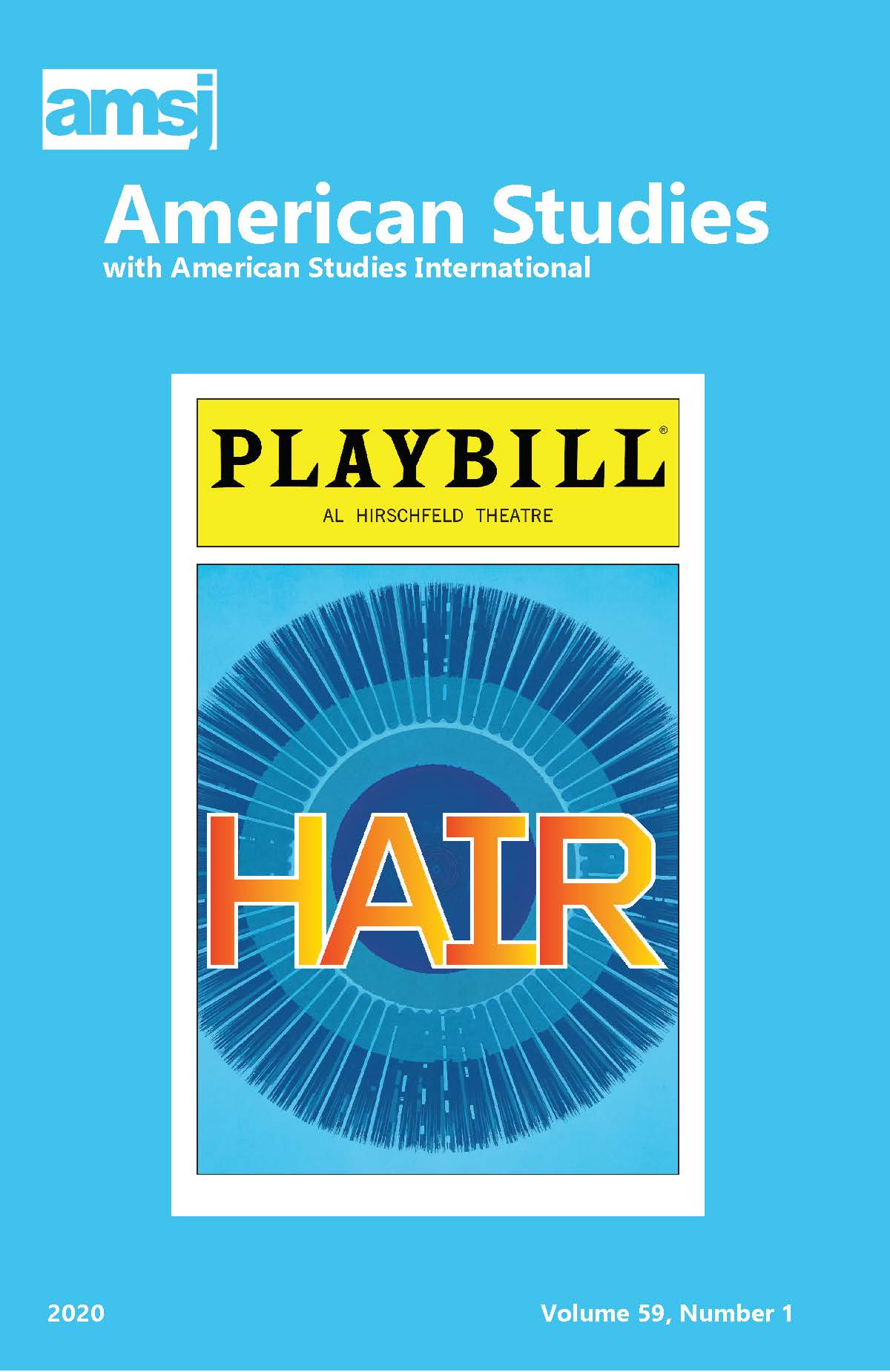Аннотация
The persistence of drone warfare despite years of anti-drone activism suggests a need to rethink prevailing frameworks for opposing this kind of violence. Anti-drone activism often hinges on a pair of assumptions about the power of recognition: that drone technologies dehumanize their targets and thus encourage operators to kill wantonly and, as a corollary, that if drone operators recognized the humanness of their targets, they would be unable or unwilling to kill them. Both premises, I suggest, are faulty. Yet they remain entrenched as conventional wisdom despite evidence to the contrary, like high rates of ‘burnout’ and PTSD among drone operators. In this paper, I query the limitations of recognition as an antidote to drone warfare and the politics of this type of anti-militarist praxis. I take as my objects of inquiry three artifacts of American drone warfare: a 2014 report from the Stimson Center Task Force on US Drone Policy; a public art installation in Pakistan called Not a Bug Splat; and “In Times of Peace,” a playful set of ‘drone selfies’ staged by the IOCOSE collective. I read across this somewhat disparate archive and conclude with a consideration of emerging discourses about the trauma that drone operators experience. Ultimately, I demonstrate that the emphasis on recognition actually amounts to a misidentification of the conditions by which drone warfare proceeds while also operating in complicity with discourses about the U.S. as an exceptional, and only reluctantly violent, power.
All items © Mid-America American Studies Association
Authors: If you prefer to remove your text(s) from this database please contact the editor.

